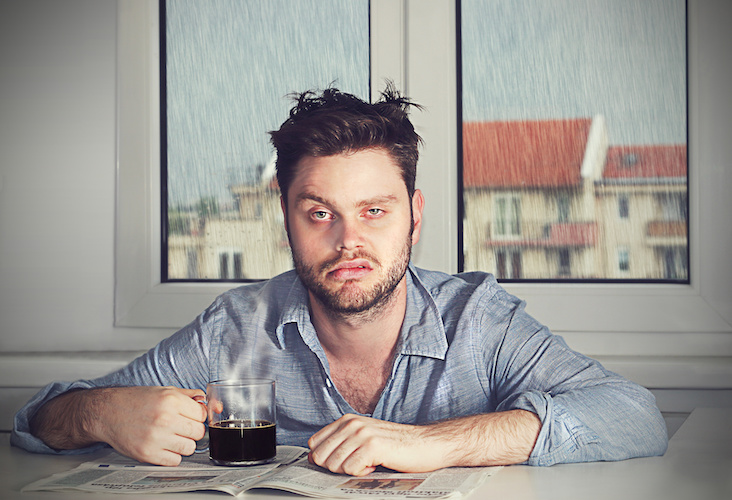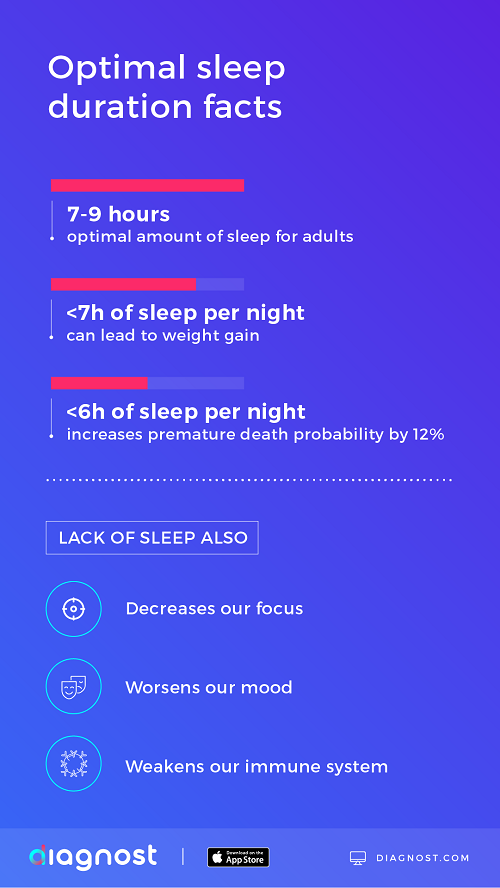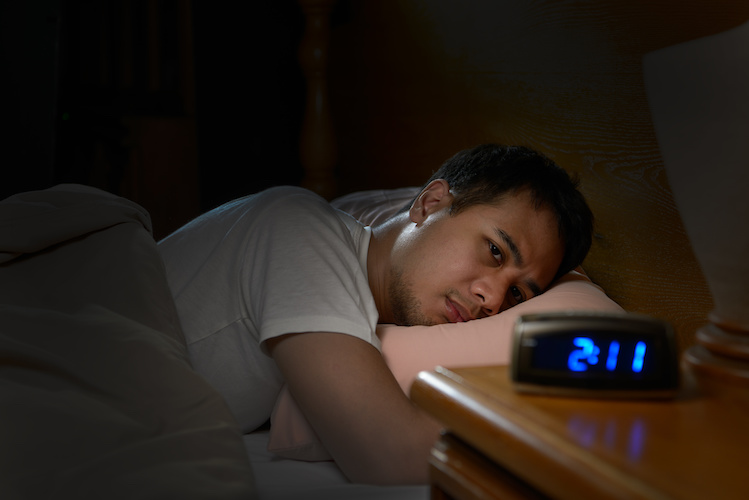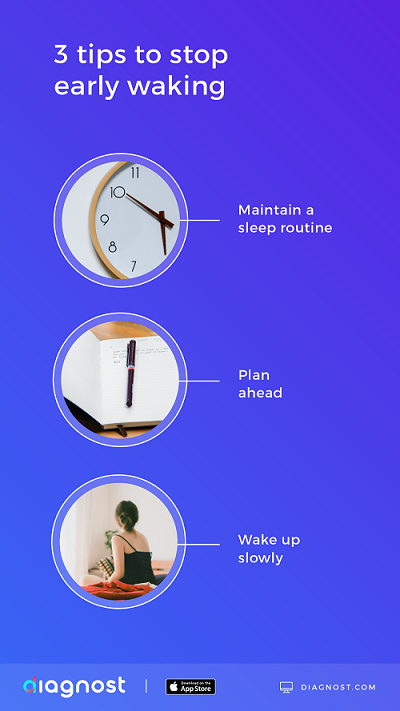What are hormones?
So, what are they and where do they come from? Hormones are chemicals that are produced by glands in the endocrine system. They travel through the bloodstream and to the tissues and organs, delivering messages that tell the organs what to do and when to do it. Each hormone is produced in a different gland. These glands, collectively, make up the endocrine system. Key glands in this system include the pineal gland which produces Melatonin to make us sleep; the thyroid gland which regulates metabolism; the ovaries which produce progesterone and oestrogen; the testes which produce testosterone; the adrenal gland which produces — you guessed it — adrenaline; and the pituitary gland which acts as a “master gland”, controlling the other glands in the system!
Hormones are powerful. They relay important signals to your body, taking care of both daily functions and exceptional circumstances. When things are running smoothly, they regulate metabolism and appetite, sleep cycles, reproductive cycles and sexual function, general growth and development, mood and body temperature. When something big is about to happen, a hormone called adrenaline lets the body know that it is time to raise our heart rate and bring our A-game. Hormones regulate heart rate again too after this moment has passed.
Our bodies rely on signals from hormones to do ordinary and extraordinary things. You can picture hormones like the team of people who work together to keep the corporation (in other words, your body) operating at an optimal level. When things are good, they keep everything running smoothly, but when some departments are overstaffed and other departments are understaffed, things can start going wrong…
What is hormonal imbalance?
Hormonal imbalance happens when you have too much of one hormone or not enough of another, and can cause severe health conditions. As each hormone plays a vital function in the overall health and proper functioning of your body, a disruption of the hormonal balance can throw everything out of order, meaning your body can no longer perform basic functions such as temperature regulation and weight control.
The endocrine system is a delicate and sensitive thing – it doesn’t take much to derail it. Often it can respond to stressors that you didn’t even realise were present. Things like lack of sleep, stress, or excess hormones like oestrogen that have contaminated our water supplies and food can affect hormone balance. This is why it is important to check your hormone levels using a home testing kit. Seeing what shows up in your hormones is like a window into your hormonal landscape. And the sooner you know, the better.
Prevention is the best cure. Knowing where your body is at and preventing the onset of something before it becomes too dangerous is the name of the game.
Symptoms of hormonal imbalance
Symptoms are your body’s way of signaling to you that there is something wrong, that it is time to take a break and focus on your health.
Below are some symptoms of some of the most common hormone imbalances:
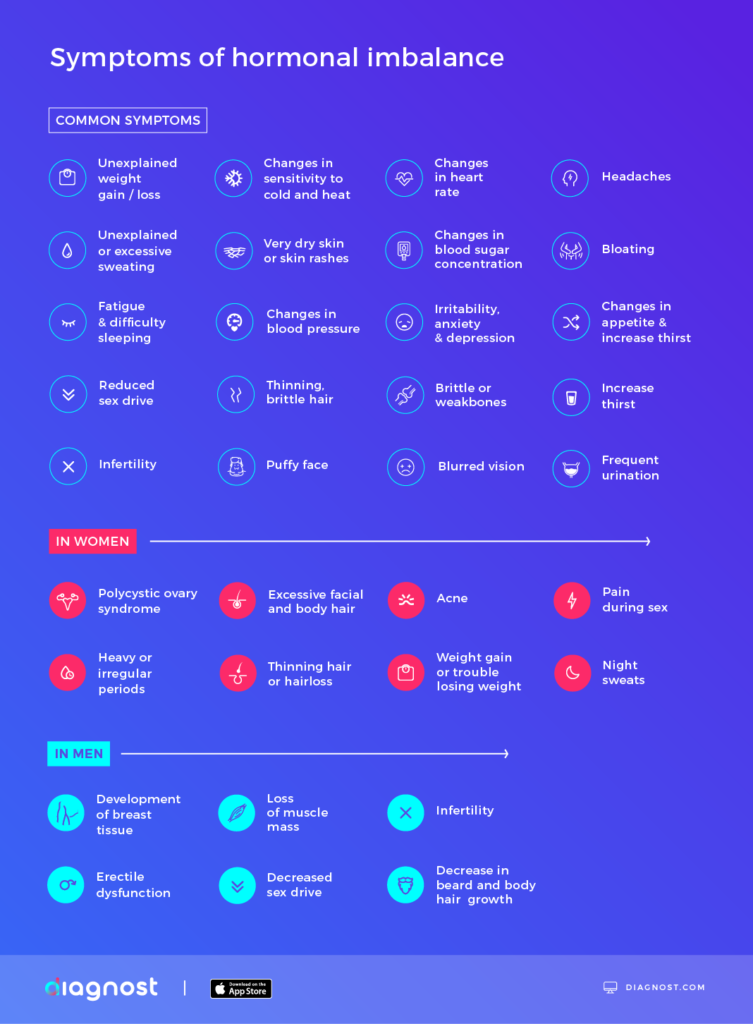
While there are many symptoms of hormonal imbalance, each symptom is the result of a deficiency in a specific hormone or combination of hormones. This is why it is so important to get your hormone levels checked before embarking on any treatment.
You may notice that there are some gender-specific symptoms. This is because the hormonal makeup of men and women is different. For example, women have testosterone, but if their testosterone levels are low they may still feel healthy, whereas a man with low testosterone may not. If you are transgender or undergoing transgender hormone therapy, it is important to talk to your doctor about specific symptoms that may apply to you.
Causes of hormonal imbalance
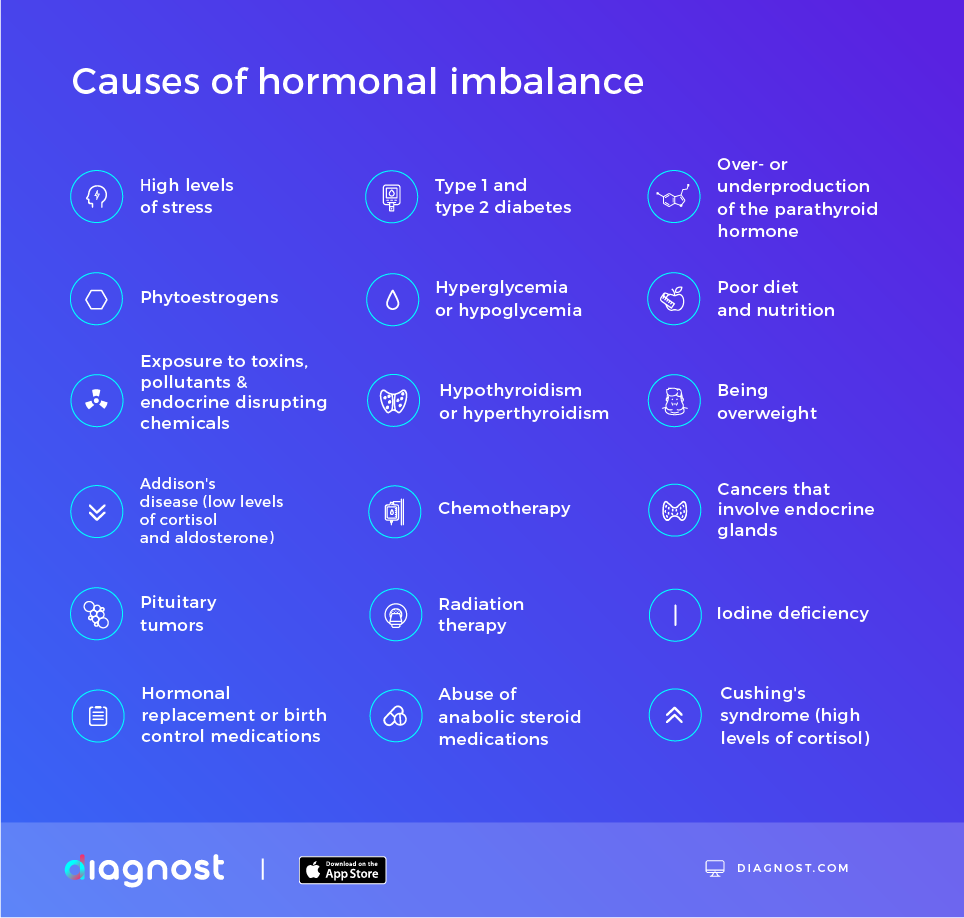
Understanding some of the reasons why hormones can be out of balance is an important step along the road of trying to restore hormonal balance. Causes are a very individual matter. They vary from person to person. While for the majority of people, they are lifestyle based, for some there can be more severe causes.
Causes of hormonal imbalances include:
- High levels of stress
- The consumption of phytoestrogens, naturally-occurring plant estrogens found in soy products
- Exposure to toxins, pollutants, and endocrine-disrupting chemicals, including pesticides and herbicides
- Type 1 and Yype 2 diabetes
- Hyperglycemia (overproduction of glucagon)
- Hypoglycemia (more insulin produced than there is glucose in the blood)
- An underactive thyroid (hypothyroidism)
- Overactive thyroid (hyperthyroidism)
- Over- or underproduction of the parathyroid hormone
- Poor diet and nutrition
- Being overweight
- Hormonal replacement or birth control medications
- Abuse of anabolic steroid medications
- Cushing’s syndrome (high levels of the hormone cortisol)
- Addison’s disease (low levels of cortisol and aldosterone)
- Cancers that involve the endocrine glands
- Pituitary tumors
- Chemotherapy and radiation therapy
- Iodine deficiency (goiters)
How to test hormonal imbalance
If you think you might be suffering from a hormonal imbalance, make sure to speak to your doctor and take a test before worrying or taking any drastic measures. This is important since you could risk doing more harm than good.
There are several types of tests available. For example:
- Blood, saliva and urine tests
- MRI scan
- Biopsy
- Ultrasound
- Pelvic exam
- Sperm count
- X-ray
- Thyroid scan
Of course, going to the doctor can be time-consuming. So if you lead a busy, stressful lifestyle and want results fast, your best bet is trying one of Diagnost’s home testing kits to better understand your health and hormone levels.
Seeking Medical Help
Once you have taken a hormone test you can see what hormones are out of balance, and begin to resolve the issue. What type of medicine you will need will depend on what hormones you are lacking in. Key examples of exogenous hormones you can take include:
Oral contraceptives
While these are primarily used as a form of birth control, they can also be used to rebalance high levels of estrogen and low levels of progesterone. Talk to your doctor about which form of oral contraceptive could you best.
Menopausal hormone replacement therapy or ‘HRT’
HRT has been shown to help many women cope with the menopause. The changes that occur in the body during this time can cause acute imbalances and difficult symptoms, such as hot flashes, depression and mood swings, and insomnia.
With HRT, women are treated with doses of estrogen, progesterone, or a progestin-estrogen combination that can be taken in many forms including pills, skin patches, creams, or intra-uterine devices. HRT remains a controversial issue, with many reports suggesting it has huge benefits for menopausal women and others pointing to its possible negative side effects, including increased risk of breast cancer. If you are considering this treatment, make sure you speak to your doctor first.
Testosterone replacement therapy (TRT)
Men who suffer from low testosterone may look to testosterone replacement therapy. Low testosterone in men can contribute to sleep problems, weight gain, depression, and reduced libido. TRT can also be taken in a variety of forms including pills, patches, and creams. It is important to discuss TRT with a doctor as there are many risks associated with it. Unlike HRT, it is not available on the NHS.
Diet changes
Focusing on getting some of these key vitamins and minerals into your diet could help you rebalance your hormones.
Omega-3
Omega-3 fatty acids create healthy cell membranes, which improves the flow of hormones. Some Omega-3 rich foods include: Walnuts
- Walnuts
- Salmon
- Tuna
- Eggs
- Sardines
- Oysters
Fiber
Fiber binds itself to excess oestrogen, helping your clear the excess oestrogen out of your system. High-fiber foods include:[3]
- Whole grains
- Fruit
- Vegetables
- Beans
- Nuts
- Seeds
Thyroid hormone boosting foods
These include:
- Brazil nuts, tuna, crab, and lobster to get enough selenium.
- Milk, eggs, salmon, and mushrooms to get enough vitamin D.
- Meat, dairy, and fortified cereals to meet your daily vitamin B12 requirement.
- Iodine (this is hard to get without supplements)
Lifestyle changes

Lifestyle changes can feel small but they can have a huge impact on all areas of health, including hormone balance:
Sleep
Hormones and sleep interact in complicated ways. Hormonal imbalance or changes can hugely impact human sleep patterns. In turn, sleep deprivation can also have an impact on hormone levels and balance. Women, whose hormonal cycles generally involve more spiking and dropping of certain hormone levels than men, are particularly affected by the link between sleep and hormones. Many women, for instance, report insomnia as one of the common symptoms of menopause. Menstruation, pregnancy and the menopause may have a big impact on women’s sleep patterns, therefore, in turn exacerbating any possible hormonal imbalances. Thus, it can be hard to determine the causal link between sleep and hormones.
What is clear is that good sleep and rest allow your body to restore itself, in turn enabling your endocrine system to set itself back to “neutral”. Don’t underestimate how much your body is doing while you sleep, especially if you’re in a period of hormonal imbalance. Consuming a small amount of protein just before you go to bed can support your body’s recovery overnight. If you are having sleep problems, this could well be caused by the hormonal imbalance itself and be exacerbating it, as you get less and less sleep over time. This may mean that just trying to make lifestyle changes and sleep more (or sometimes less) is not enough; in this case, you should seek clinical help.
Exercise
So much of hormonal balance is about healthy blood flow. Making sure you exercise 3 times a week and get your heart rate going can accelerate the rate at which your body rebalances its bloodstream.
De-stress
In the modern world, having an adrenal system that is out of balance due to stress is one of the most common causes of hormonal imbalance. Relaxation and meditation can make a huge difference.
Takeaways
Hormonal imbalance is no small thing: it can affect your life in myriad ways and, as such, should be investigated and resolved as soon as possible. The most important thing to take away from this article is that if you have any concerns about your hormonal balance, the first step is always to get a test in order to figure which hormones, if any, are out of balance. Many people around the world currently live with hormonal imbalance but do not know it or know what to do about it – for instance, in the US, it was reported in February 2019 that almost half of all women had suffered the consequences of hormonal imbalance at some point in their lives but many had not sought medical help for it.
Luckily, there are more and more ways these days to get your hormones tested quickly and easily, without having to rely on public health services, which often involve long waiting times. Diagnost offer a wide range of home tests, for example, that make hormone testing quick and easy, allowing you to then take the results to a qualified clinician. Once you and your clinician know what is really going on in your body, you will be able to find solutions to any imbalances. If you have significant imbalances, exogenous artificial hormones may help you; if you have only slight imbalances, you may wish to focus on diet and lifestyle changes. Ultimately, hormonal imbalances are curable as long as you get to the bottom of them. Good luck!





